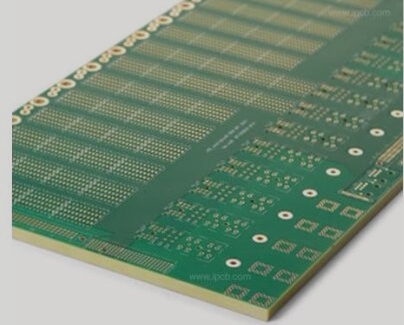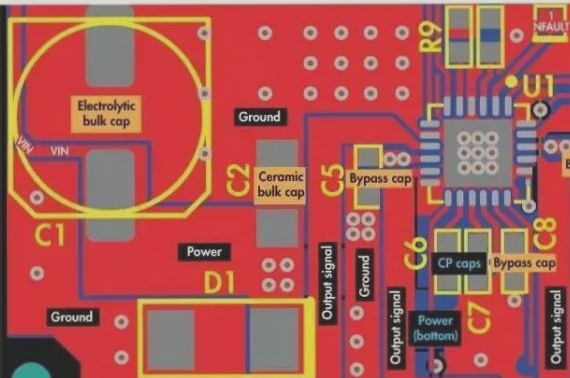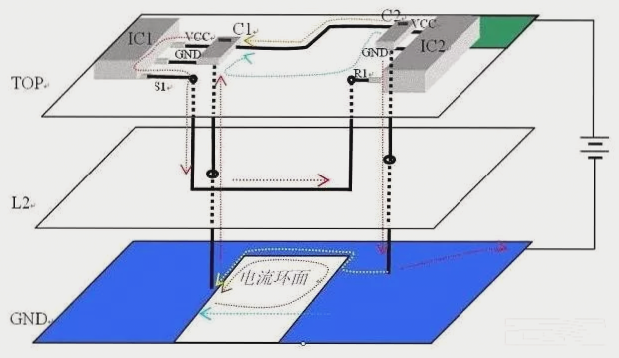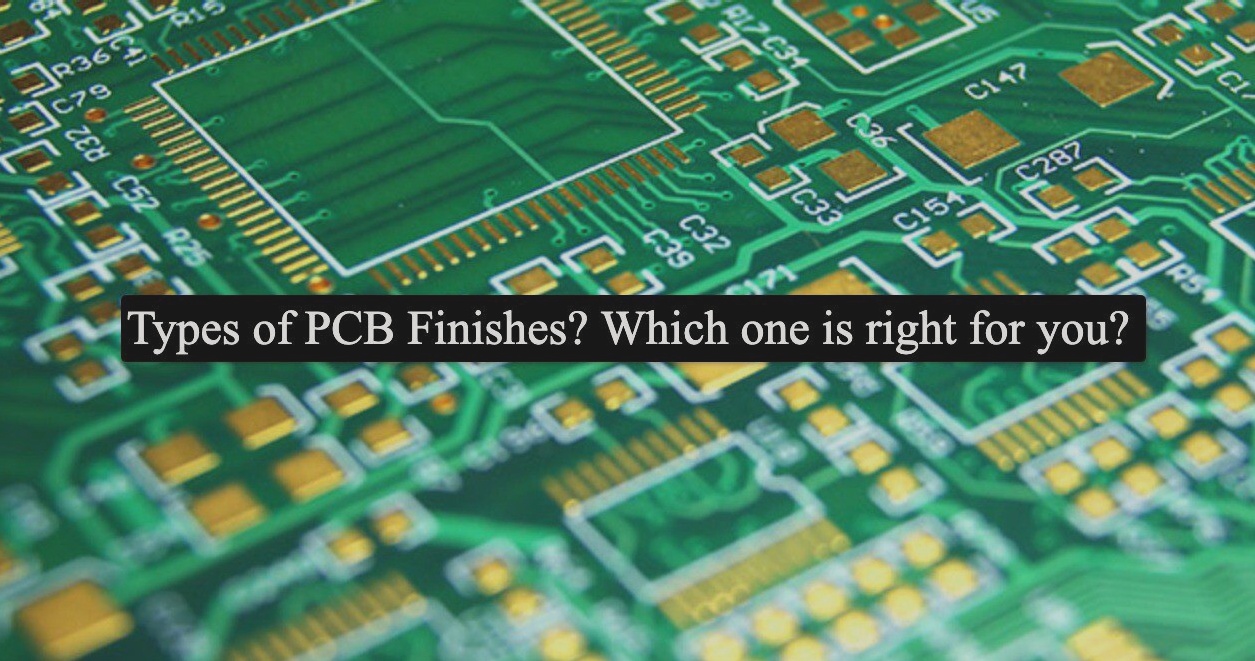1. This advanced world of innovation enables automotive electronics to generate new ideas and technologies almost daily. Driverless vehicles, EVs, hybrid vehicles, dual-fuel vehicles, and the latest trends in the automotive industry have spurred the development of miniaturization, multi-functional applications, and robust, compact electronic solutions. Consequently, safety is becoming a key focus for car manufacturers and other OEMs. Selecting the most suitable and safe PCB for vehicle electronic applications poses a significant challenge for both vehicle and PCB manufacturers. PCBs require proper coating to enhance durability and lifespan. Among these, conformal coatings play a crucial role in protecting PCB components from environmental pressures. This article highlights the importance of conformal coatings and how they can enhance the performance of automotive electronics.
2. What has become the core driving factor for PCB manufacturing in automotive electronic products? Today, luxury functions in automobiles are increasingly considered standard by consumers. Typical features now include rear cameras, automatic parking systems, lane departure warning systems, driving assistance systems, and more. High-tech vehicle software for navigation, communication, networking, music, and other technologies is also becoming commonplace.
3. As more electronic products are integrated into new vehicles, ensuring the safety and security of these components has become crucial. Modern cars are equipped with systems for airbag control, automatic transmission, fuel injection, electric doors and windows, suspension control, and engine control modules. This shift means that researchers must focus not only on vehicle software but also on high-quality hardware. For OEMs and automakers, identifying the ideal PCB for manufacturing has become a major challenge to ensure the protection of automotive electronics in next-generation innovations.
4. Engineers are increasingly adopting various solutions to protect PCBs for automotive applications. After evaluating different options for housing the circuit board, including resin encapsulation, the optimal method for achieving a secure PCB assembly and design is the use of conformal coatings. Therefore, it is essential to first understand the concept of conformal coatings in depth.

1. The polymer coating is applied in a thin layer to the circuit board to electrically insulate the PCB assembly and shield it from environmental stress.
2. These coatings are ideal for compact PCBs as they occupy less space.
3. Various methods exist for applying conformal coatings to printed circuit boards, including robotic dispensing, spraying, flow coating, and brushing, depending on the scale of production—large, low, or medium.
4. This protective coating enhances PCB performance and durability by safeguarding the circuit board from moisture, thermal and mechanical stress, pollutants, and corrosives such as fungi, salt, toxic gases, and dirt.
5. Additionally, “tin whiskers” pose a common challenge with lead-free components in automotive projects, leading to short circuits due to thermal and mechanical stress.
6. The growth of these whiskers can be mitigated by preventing short circuits and arcing through the conformal coating on the PCB.
7. By providing increased mechanical support, the advantages of conformal coating can be maximized, thereby improving the fatigue life of solder joints.
8. The PCB is placed in locations suitable for the car control system, and from brake fluid to gasoline to internal combustion engines, PCBs require the right coating without disrupting the vehicle manufacturing process.
9. Conformal coating is essential in ensuring reliable electronic solutions in the automotive industry.
10. These coatings offer various options based on PCB type and application, including polyurethane acrylate, silicone, solvent-based formulas, and two-part epoxy resin, all of which are safe for use.
11. Light-curing coatings also offer benefits and can provide protective solutions for automotive electronics.
12. Selecting the appropriate coating for PCB manufacturing involves consulting with PCB manufacturers and experts.
13. They provide expert guidance on choosing protective coatings for automotive and other electronics, conducting qualification and environmental testing to determine the best coating for specific applications.
14. These tests include assessments for temperature limits, wear, moisture, vibration, chemicals, salt spray, and other hazards.
2. What has become the core driving factor for PCB manufacturing in automotive electronic products? Today, luxury functions in automobiles are increasingly considered standard by consumers. Typical features now include rear cameras, automatic parking systems, lane departure warning systems, driving assistance systems, and more. High-tech vehicle software for navigation, communication, networking, music, and other technologies is also becoming commonplace.
3. As more electronic products are integrated into new vehicles, ensuring the safety and security of these components has become crucial. Modern cars are equipped with systems for airbag control, automatic transmission, fuel injection, electric doors and windows, suspension control, and engine control modules. This shift means that researchers must focus not only on vehicle software but also on high-quality hardware. For OEMs and automakers, identifying the ideal PCB for manufacturing has become a major challenge to ensure the protection of automotive electronics in next-generation innovations.
4. Engineers are increasingly adopting various solutions to protect PCBs for automotive applications. After evaluating different options for housing the circuit board, including resin encapsulation, the optimal method for achieving a secure PCB assembly and design is the use of conformal coatings. Therefore, it is essential to first understand the concept of conformal coatings in depth.
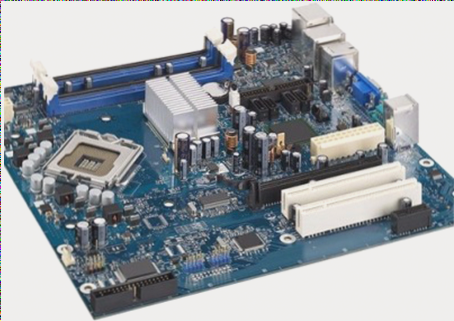
1. The polymer coating is applied in a thin layer to the circuit board to electrically insulate the PCB assembly and shield it from environmental stress.
2. These coatings are ideal for compact PCBs as they occupy less space.
3. Various methods exist for applying conformal coatings to printed circuit boards, including robotic dispensing, spraying, flow coating, and brushing, depending on the scale of production—large, low, or medium.
4. This protective coating enhances PCB performance and durability by safeguarding the circuit board from moisture, thermal and mechanical stress, pollutants, and corrosives such as fungi, salt, toxic gases, and dirt.
5. Additionally, “tin whiskers” pose a common challenge with lead-free components in automotive projects, leading to short circuits due to thermal and mechanical stress.
6. The growth of these whiskers can be mitigated by preventing short circuits and arcing through the conformal coating on the PCB.
7. By providing increased mechanical support, the advantages of conformal coating can be maximized, thereby improving the fatigue life of solder joints.
8. The PCB is placed in locations suitable for the car control system, and from brake fluid to gasoline to internal combustion engines, PCBs require the right coating without disrupting the vehicle manufacturing process.
9. Conformal coating is essential in ensuring reliable electronic solutions in the automotive industry.
10. These coatings offer various options based on PCB type and application, including polyurethane acrylate, silicone, solvent-based formulas, and two-part epoxy resin, all of which are safe for use.
11. Light-curing coatings also offer benefits and can provide protective solutions for automotive electronics.
12. Selecting the appropriate coating for PCB manufacturing involves consulting with PCB manufacturers and experts.
13. They provide expert guidance on choosing protective coatings for automotive and other electronics, conducting qualification and environmental testing to determine the best coating for specific applications.
14. These tests include assessments for temperature limits, wear, moisture, vibration, chemicals, salt spray, and other hazards.

